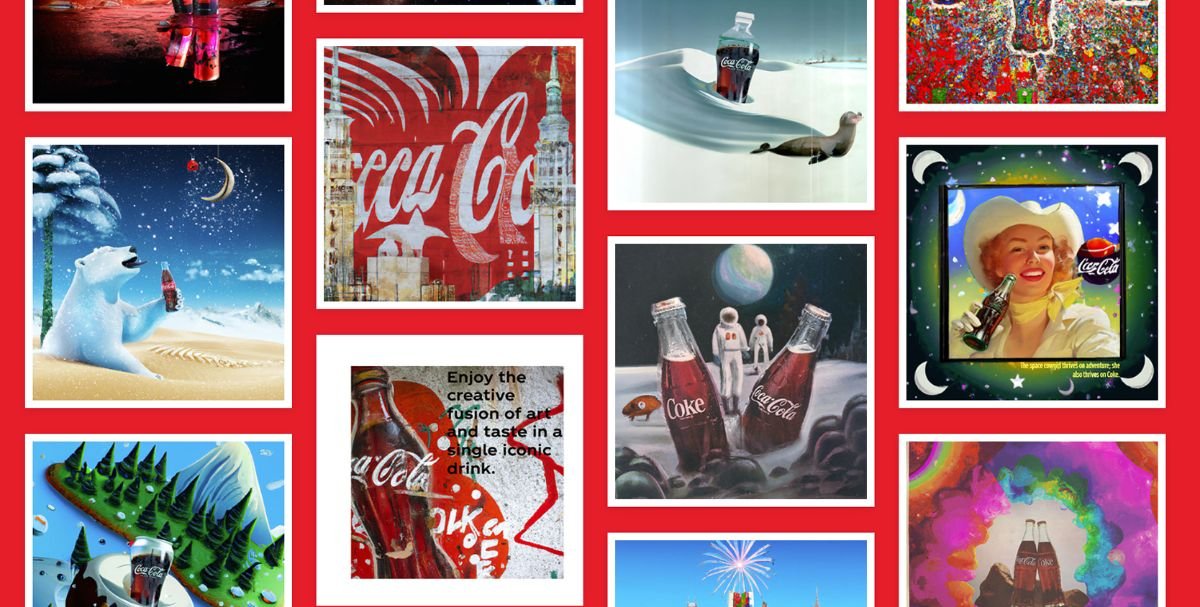Reshaping Digital Culture, Part 3: How AI Can Drive Gen Z Growth
(Part three of a four-part series)
In our 4-part series, Qulture explores how brands can leverage the opportunities at the intersection of demography and technology as Gen Z dominates culture and demands innovation.
Here, we explore how the rise of AI is an opportunity for brands to deepen their relationship with Gen Z through conversational content that generates insights at scale. Next: How Gen Z is reinventing community collaborations.
One of the most compelling reasons why brands need to prioritize developing an AI strategy is rarely discussed, and it has just as much to do with who is using AI as the technology itself. With more than 60% of generative AI users under the age of 34 and close to 30% being Gen Z, young consumers are blazing a trail beyond search and entering the era of conversations. The insights that brands generate from these interactions with AI agents that can autonomously learn, reason, and respond in real time can deliver an exponential advantage.
ChatGPT Is Seeing Rapid Growth
With more than 100 million users signing up in its first two months and more than 13 million daily visitors (most of which are Gen Z and millennials), ChatGPT has become the fastest-growing app in history. Comparatively, it took Instagram 2-1/2 years to hit that milestone.
As the sector evolves, ChatGPT is being embedded into a range of websites and apps compounding consumption and driving demand for more engaging exchanges. In what sounds like a Black Mirror episode, Gen Z dating app Snack recently launched the ability for users to create and train AI-powered avatars that can digitally mingle with other avatars, and let users know who may be a match to meet in the real world. In future releases, avatars will be able to go out on dates in the metaverse, giving users a chance to see if there is a good fit before they commit to showing up in human form.
Conversations Deepen Connections
Language learning app Duolingo is prolific in its use of TikTok to authentically engage Gen Z with entertaining content. Their integration of AI is just as impressive. Powered by ChatGPT, users can have unscripted conversations with fully fleshed-out avatars that have unique personas, personalities, and backstories. One example includes an AI barista in a Parisian café that lets users order drinks and have conversations across a range of topics.
Knowing that Gen Z will spend four times as much as millennials on luxury goods by 2030, it’s no surprise that brands like Kering are also actively exploring AI to gain insights and grow market share. The brand’s ChatGPT-powered personal shopper called Madeline by KNXT helps users avoid endless scrolling by allowing them to start a simple conversation to find recommendations from brands like Gucci, Balenciaga, and Bottega Veneta.
When asked for an outfit recommendation for a trip to Capri, for example, Madeline responded with, “I would recommend the relaxed-fit shorts in grey bleach white denim from Yves Saint Laurent. You can pair these shorts with a simple white linen shirt, loafers, and sunglasses for a stylish outfit that's perfect for exploring Capri and enjoying a beautiful seaside dinner.” The exchange felt more like a conversation than a search query and was a welcome upgrade from what chatbots built on static decision trees could offer.
AI-Powered Co-creation Brings New Ways to Collaborate
In addition to text-based AI platforms, image-generating tools like DALL·E 2 and Midjourney are giving brands opportunities to collaborate with consumers in ways that were previously impossible. While creating images for commercial use with AI can be a copyright minefield, brands like Coca-Cola are finding solutions. In their "Create Real Magic" campaign for example, Coca-Cola trained the AI on brand-owned IP and let consumers play with the possibilities.
In partnership with Bain & Co., Coca-Cola invited consumers to create ads for Coke via text prompts at createrealmagic.com using DALL·E 2. Top submissions were then showcased on digital billboards in New York City and London. This first-of-its-kind collaboration generated 120,000 submissions in just two weeks, building brand equity and raising relevance in the process.
For brands that understand what AI’s exponential growth can mean for their relationships with consumers, especially Gen Z, it's a race against the clock to start 1:1 conversations at scale that create consumer value and deliver data-driven insights.
Qulture CEO/Founder Quynh Mai was recently interviewed by New York Times bestselling author MeiMei Fox, for Forbes about her five suggestions for how brands can engage with Web3 today. Read the full article on Forbes here.




